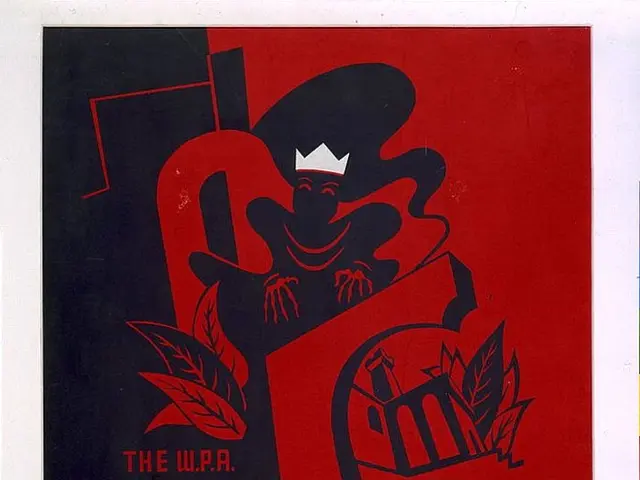Is the Germany ticket a smart choice for daily travelers in Rhineland-Palatinate region?
The Germany ticket, a popular travel pass offering unlimited train, bus, and tram rides across the country, has been a topic of discussion among commuters and transport companies in recent months. The Mainz Transport Company (MVG) and the Rhine-Mosel Transport Association (VRM) are pressing for a swift decision on the continuation of the ticket.
The German federal government and the state governments agreed to the Germany ticket as the successor to the 9-euro ticket at the end of 2022. Since then, the ticket has been a lifeline for many commuters, providing an affordable and eco-friendly alternative to car travel.
One such commuter is Bjoern Scarbata, who has been using the Germany ticket to travel from Rheinboellenn to Mainz since the summer. Despite the longer travel time, which is approximately three times longer than his neighbour's car commute, Bjoern finds the ticket attractive, especially when compared to car costs. However, he would reconsider if there are price increases.
On the other hand, Angelika Jun, who has shift duties, does not use the Germany ticket due to its perceived inconvenience. Her travel time to her workplace is 40 minutes by car, compared to one and a half hours using bus and train. She wishes for an expansion of public transport and the reactivation of old train tracks.
The states are contributing equally to the funding of the Germany ticket, making three billion euros available each year. The federal government provides the states with 1.5 billion euros each for the implementation of the ticket for the calendar years 2023 to 2025. However, the states are demanding that the federal government also bear half of the possible additional costs in the following year.
Approximately 1.03 million Germany tickets were sold in Rhineland-Palatinate between May and August alone, indicating a strong demand for the ticket. The MVG demands a swift decision on the continuation of the ticket, fearing a potential decline in ridership if the uncertainty continues.
The VRM GmbH, on the other hand, has threatened to withdraw from the Germany ticket if the current price of 49 euros is not maintained. The company has set a deadline of May 1, 2024, for a decision. The federal and state governments will discuss the continuation of the ticket at the next meeting of the Minister Presidents with Chancellor Olaf Scholz and the heads of the states on November 6, 2025. However, the specific agenda or participants besides the heads of government have not been detailed explicitly in the available sources.
In conclusion, the Germany ticket has been a boon for many commuters, providing an affordable and eco-friendly travel option. However, the continued funding and implementation of the ticket are under debate, with transport companies demanding a "comprehensive and adequate funding compensation" from the federal and state governments. The future of the Germany ticket remains uncertain, with the decision to be made in the coming months.
Read also:
- Railway line in Bavaria threatened by unstable slope - extensive construction site at risk
- Wind Farm Controversy on the Boundary of Laois and Kilkenny
- Puerto Rico's Climate Lawfare Campaign experiences another setback with the dismissal of its deals.
- Delaware's contentious offshore wind project faces uncertainty as the Trump administration reverses course on clean energy initiatives.







